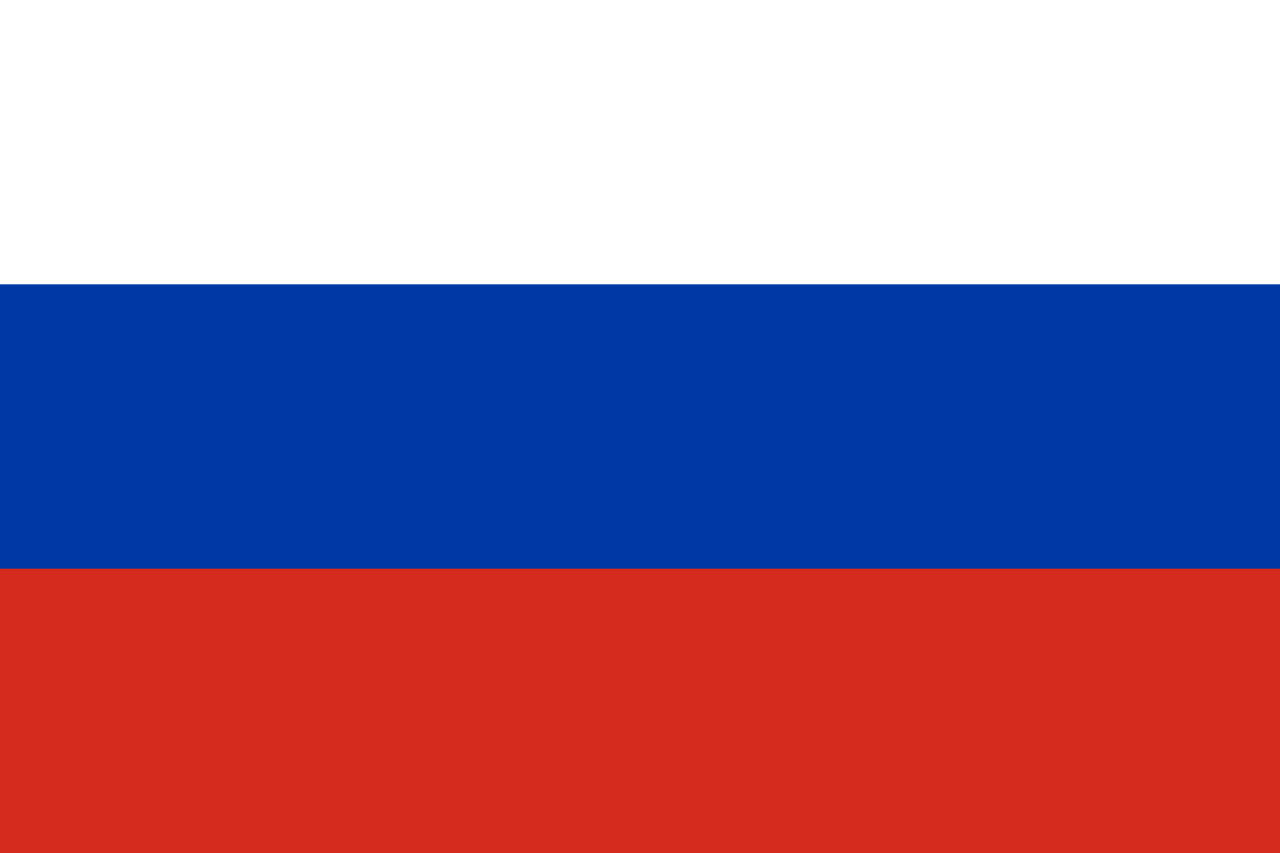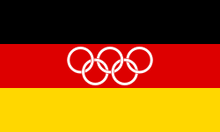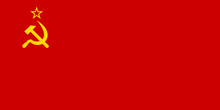
9. Olympic Winter Games
Olympic Medals in the games of 1964 in Innsbruck
104 Medals in 10 Sports in 34 Events
Innsbruck lost to Squaw Valley when the 1960 Winter Olympics were awarded, but in 1964 it was the host city. At that time, Austria was the only country besides Norway that was more successful at winter games than at summer games. So it was only natural that Innsbruck applied for winter games.
Innsbruck is known for warm blow dryer winds, but that this represented the defining weather conditions over a period of two months before the start of the games was a novelty. There wasn't a single snowflake in the city! But the organizers had made provisions: a huge fleet brought up 25,000 tons of snow from the high valleys to prepare the ski slopes by the Austrian army. 20,000 ice blocks were used for the bobsleigh and toboggan runs. The Nordic competitions were held in Seefeld, where there was no lack of snow. Innsbruck has been a venue for the Four Hills Tournament since 1952. The existing ski jump was replaced by the Bergisel ski jump made of concrete for the Olympic Winter Games. It was also used at the 1976 games.
Before the opening ceremony started on January 29, two tragic deaths occurred. The Australian Ross Milne was thrown against a tree after a fall during alpine downhill training and broke his neck. The 54-year-old Pole Kay Skrzypecki, who started for Great Britain, he would have been the oldest participant in the games in Innsbruck, flew off the track during tobogganing training and died of a broken skull. In memory of the two casualties, a minute's silence was held at the opening ceremony and the flag bearers lowered their flags. The Vienna Philharmonic Orchestra, which will play the world-famous New Year's concert on January 1, were part of the opening ceremony. The Olympic flame was lit for the first time at the Winter Olympics in Greece and carried to Innsbruck in a torch relay. In contrast to Squaw Valley, the transportation of the spectators was very well organized. The number of participating athletes broke through 1,000 for the first time. The FRG and the GDR competed again as an all-German team.
After the scandal about the bobsleigh track in Squaw Valley four years earlier, there was again bobsledding in the Olympic program. Tobogganing was Olympic for the first time and had its own facility. The toboggan run's floodlight system was an innovation. Sledding brought some curiosities. The most surprising thing is that the winning time for women was much faster than that for men. The cause was probably a different texture of the ice. The timekeeping of two athletes had failed, and they could no longer repeat their good performances in the repeat run. Tobogganing came to the finish without athletes who stayed on the track after a fall. While a tobogganist slid down the track after a fall without sports equipment, her toboggan had even flown off the track and met a viewer who passed out and had to be taken care of in the Innsbruck University Clinic.
The German figure skating pair Marika Kulius and Hans-Jürgen Bäumler won silver. After the games, they had to return their medals because they had signed a professional contract before the games. The media excitement was the best publicity for her professional, film and singing career. In 1987 they got their medals back.
Switzerland remained without medals for the first time. In alpine skiing, time measurements with hundredths of a second were carried out for the first time. Almost a million viewers set a new audience record. The Innsbruck Winter Olympics were a successful sports festival. The winter games triggered a sharp increase in purchases of television sets in Austrian households. On February 9th, the day of the graduation, it started to snow.













